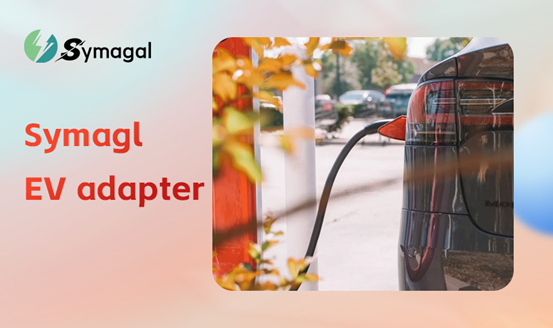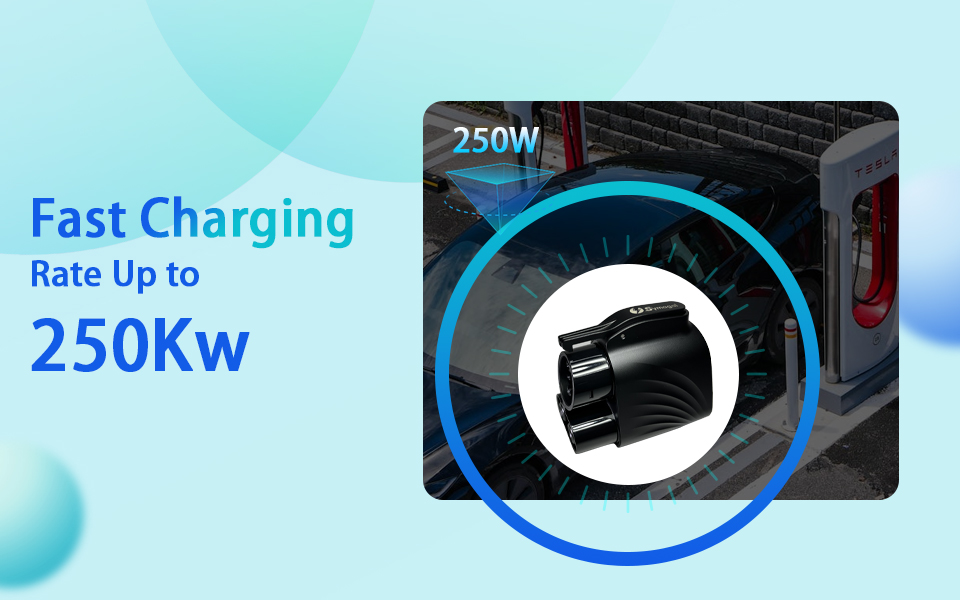Choosing an electric vehicle (EV) can be advantageous for several reasons:
*Environmental Impact: EVs produce zero tailpipe emissions, which helps reduce air pollution and greenhouse gas emissions compared to traditional internal combustion engine vehicles. This can contribute to better air quality and mitigate climate change.
*Cost Savings: Over time, EVs can be cheaper to operate and maintain. Electricity costs less than gasoline or diesel on a per-mile basis in many areas, and EVs typically have fewer moving parts, reducing the need for maintenance and repairs.
*Energy Efficiency: Electric motors are more efficient than internal combustion engines, converting a higher percentage of energy from the battery to power the vehicle. This efficiency translates into better mileage per unit of energy consumed.
*Performance: Electric motors provide instant torque, resulting in smooth and quick acceleration. Many EVs are known for their responsive driving experience and can outperform traditional cars in terms of speed and handling.
*Government Incentives: Many governments offer incentives such as tax credits, rebates, or exemptions to promote the adoption of EVs. These incentives can significantly reduce the upfront cost of purchasing an EV.
*Technological Advancements: EV technology is rapidly evolving, leading to improvements in battery range, charging infrastructure, and vehicle capabilities. As these technologies advance, EVs become more practical and accessible for everyday use.
*Noise Pollution: Electric vehicles are quieter than traditional vehicles, which can contribute to a quieter and more pleasant urban environment, especially in densely populated areas.
*Energy Independence: With a shift towards renewable energy sources for electricity generation, using EVs can reduce dependence on imported fossil fuels, enhancing energy security.
Overall, the choice of EVs is driven by a combination of environmental consciousness, cost savings, improving technology, government incentives, and a desire for a better driving experience. As these factors continue to improve, EVs are becoming an increasingly attractive option for many consumers worldwide.
But they also come with some disadvantages:
*Limited Range: Compared to traditional internal combustion engine vehicles, EVs generally have a shorter range per charge. This can lead to range anxiety, especially on long trips or in areas with limited charging infrastructure.
*Charging Infrastructure: While improving, the charging infrastructure for EVs is still not as widespread or as fast as refueling with gasoline or diesel. Charging times can vary significantly depending on the charger type (fast chargers vs. standard outlets).
Now, the Symagal Tesla to CCS1 adapter can help to solve this problem easily,
This adapter unlocks Tesla Supercharger ports for fast charging at more locations. This NACS to CCS1 adapter enables non-Tesla EVs with Supercharger access to easily connect to the Tesla fast charging network.
250kw Fast Charing-Offers charging up to 250 kW, rated voltage max 1000V DC. The Tesla to CCS1 charger adapter can fully charge your car in a few hours, greatly saving you time charging on road trips.
#Symagal #EVs #Charging adpater #EV charging station #Tesla to ccs adapter

Vehicle-to-Load Cable (Type 1) Power your appliances from your EV with a groundbreaking innovation that transforms your electric vehicle into a portable power ...

Vehicle to Load Cable (GB/T) Power your appliances from your EV with a groundbreaking innovation that transforms your electric vehicle into a portable power so...

Vehicle-to-Load Cable (Type 2) Power your appliances from your EV with a groundbreaking innovation that transforms your electric vehicle into a portable powe...

Several electric cars currently support ultra-fast charging with impressive char
2024-11-08
Read now

Tesla has announced a new standardization aimed at reducing the cost and complex
2024-11-04
Read now

Volvo and Polestar - two European car brands owned by China's Geely - are no
2024-10-31
Read now